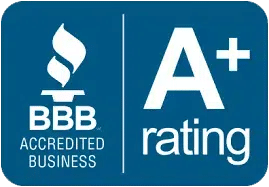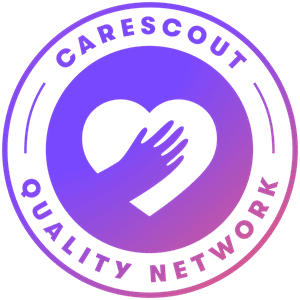As people age, it becomes increasingly essential to have formal documents to protect their interests and ensure their wishes are carried out. These legal papers help seniors make decisions about their health care, finances, and wishes for when they die. Seniors can gather the necessary documents with support from 24-hour home care and loved ones. Continue reading to learn what some of these documents are:
- Last Will and Testament: A will is a formal document that says what should happen to a person’s assets and property after death. It lets seniors say who should get their things, name an executor to take care of the estate, and may include directions about funeral plans or donations to charity.
- Power of Attorney (POA): A power of attorney is a formal document that lets a senior choose someone to make decisions for them if they cannot do so themselves. There are different kinds of POA, such as a durable POA that covers financial and legal issues and a healthcare POA that covers medical decisions. Seniors should be careful about choosing trustworthy people to be their agents.
- Advance Healthcare Directive: Also called a living will, or healthcare proxy, this document lets seniors say what they want regarding medical care, like 24-hour home care and care at the end of life. It tells how to use life-supporting measures, how to resuscitate, and how to donate organs. It also lets them choose a healthcare agent to decide on their behalf.
- Form for Giving Out Medical Information: This document permits healthcare workers to share a senior’s medical information with certain people, like family members or the 24-hour home care team. It ensures seniors’ support team knows about their health, treatments, and medicines.
- Financial Power of Attorney: This paper lets seniors choose someone to handle their money. It enables the person to take care of bank accounts, pay bills, file taxes, and make financial decisions for the senior if the senior can’t do these things for themselves. Seniors should choose someone reliable and responsible.
- Revocable Living Trust: A living trust is a tool for estate planning that lets seniors give their property to a trust while they are still alive. They can be named as trustees and keep control of their assets, but if they get sick or die, a replacement trustee takes over the management of their assets. Living trusts help people escape probate, make it easier to give away their assets, and keep their privacy.
- Guardianship: Seniors with people who depend on them may need to name a guardian in case they can no longer care for them. This formal document ensures that the senior’s wishes about how their dependents should be cared for and where they should live are followed.
Seniors should talk to an attorney specializing in elder law or estate planning to ensure these legal papers are made and signed correctly. Since personal situations and preferences can change over time, reviewing and updating these papers regularly is also a good idea. When seniors have a strong support team through 24-hour home care aid and loved ones, they gain peace of mind knowing they have the proper legal documents.
If you or an aging loved one are considering 24-Hour Home Care in Lincoln, NE, please contact the caring staff at Caretech today at (402) 697-5121
Caretech provides the best care services for seniors and families throughout Nebraska including Omaha, Lincoln, Bellevue, Grand Island, Kearney, Fremont, Norfolk, Hastings, Columbus, Papillon, North Platte, La Vista, Scottsbluff, South Sioux City, Beatrice, Lexington, Chalco, Gretna, Gering, York, and surrounding areas.
- 24-Hour Home Care in Scottsbluff: Trusted Support When You Need It Most - May 29, 2025
- How to Become a Respite Care Provider and Support Families in Need - May 27, 2025
- Services for Older Adults Living at Home - May 23, 2025







